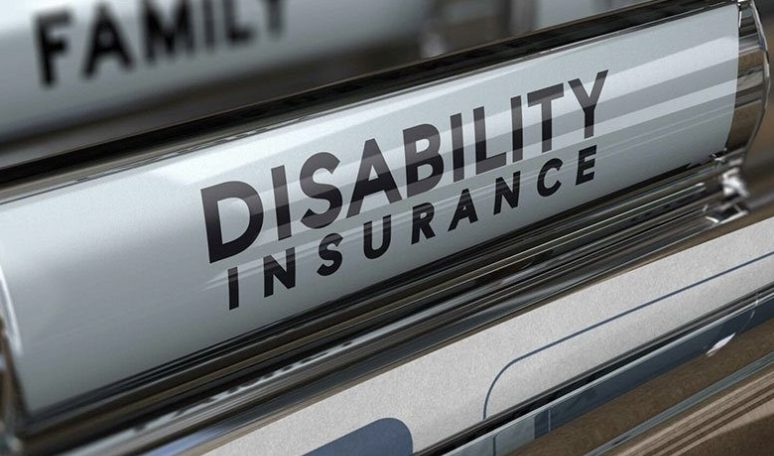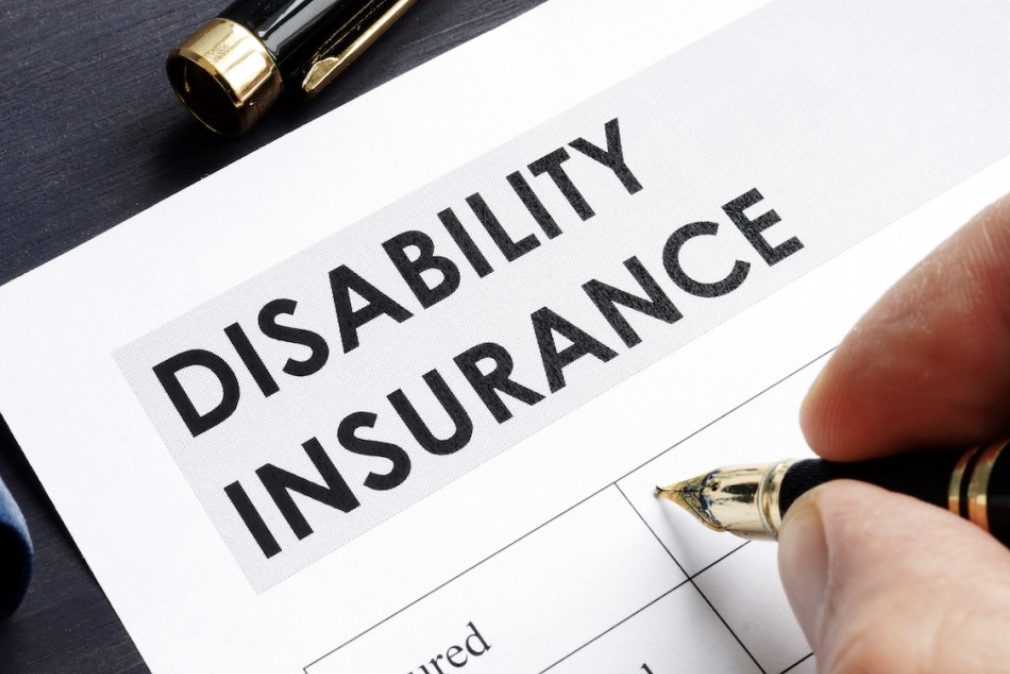Your guide: Signs that you will be approved for disability
The process of getting disability benefits can feel like figuring out a very complicated maze. Applicants often don’t know what their chances are of being accepted after the process. The Social Security Administration (SSA) doesn’t give direct advice, but some things can make your chances of a good outcome much higher. So, if you’ve ever wondered, “Signs that you will be approved for disability” you’ve come to the right place. Keep reading to learn more.
Also read: Does Starbucks Accept EBT?


Overview: Signs that you will get disability
When you apply for disability benefits, your medical condition, work history, and ability to do substantial gainful activity are all important factors. The SSA carefully looks over each case to see if the person is eligible. Knowing the signs that point to a good decision can help you feel less stressed while you’re waiting.
It is very important to keep in mind that each application is different and there is no set way for every person. You can figure out how strong your case is, though, by looking at different parts of your situation. Let’s look at the main things that usually lead to a successful disability claim.
Regular care from a specialist: a strong base for your claim
Getting regular medical care from specialists is a key part of making your disability application stronger. Talking to doctors about your condition regularly shows that you are serious about taking care of your health. The fact that you are still getting care shows how bad your impairment is and how long it will last.
Specialist visits can help your disability claim in several ways:
- Detailed medical records: Specialists usually keep a lot of information about your condition, like test results, treatment plans, and notes on your progress.
- The SSA gives a lot of weight to the professional opinions of experts when it comes to the evaluation process.
- Longitudinal evidence: Going to regular appointments helps you keep track of how your condition changes over time, which is very important for proving long-term disability.
- Adherence to treatment: Seeing a specialist regularly shows that you’re trying to get better or control your condition, which is something the SSA likes.
Remember that the consistency and quality of your medical evidence can make a big difference in how your disability application turns out. To help your case, make sure you keep your appointments and do what your doctor tells you to do.
Being hospitalized is a clear sign of severe impairment
Having to go to the hospital because of your illness can make your disability claim much stronger. These events are clear proof of how bad your disability is and how it affects your daily life. The SSA often sees hospital stays as clear signs that your condition makes it very hard for you to work.
Here’s why hospital records are important for your disability application:
Severity demonstration: Staying in the hospital shows how serious your condition is and how hard it is to treat while you’re not there.
- Complete medical records: When someone is hospitalized, they create complete medical records that include notes on their admission, treatment plans, and summaries of their discharge.
- Objective evidence: Hospital records are unbiased, third-party proof of the effects of your condition.
- Frequency indicator: Being hospitalized more than once can show that your impairment is chronic or recurring.
- For mental health problems, both inpatient treatment and intensive outpatient programs are just as important. These interventions make it clear that your mental health problems have a big effect on your ability to do your job.
Even though being hospitalized doesn’t guarantee approval, it does show that your condition is very bad. Make sure that all of your hospital records are included in your disability application so that the government has a full picture of your health.


As for age, the chances are higher for people over 50
The SSA knows how hard it can be to adjust to new work environments as you get closer to retirement. If you are over 50, your application for disability may have a better chance of being accepted. This is an even bigger factor for applicants over the age of 60.
The SSA’s reasons for taking age into account are:
- Less ability to adapt: Older workers may have more trouble picking up new skills or switching to different types of work.
- Fewer job opportunities: Older people with disabilities may have a harder time finding work.
- Physical limitations: Changes in the body that come with getting older can make the effects of disabilities worse.
- Work history: For older applicants, the SSA cares more about how well they can do relevant work from the past than how well they can adapt to any work.
These are the Medical-Vocational Guidelines, which the SSA uses. They are also known as the “Grid Rules,” and they consider things like age, education, work experience, and remaining functional capacity. These rules tend to favor older applicants since they know it can be harder for them to get back to work after having a disability.
Even though being older doesn’t always mean everything, being over 50 can be a big plus. Make sure that when you apply for disability benefits you talk about your age and how it affects your ability to learn new skills.
Physical Demands of Previous Jobs: An Important Factor to Think About
The SSA looks at your disability claim very carefully. Specifically, they’ll review the type of work you did in the past. If your old job was a physical one that you can’t do now because of your condition, this makes your case for disability benefits stronger.
This is why your work history is important:
- Residual Functional Capacity (RFC) assessment: The SSA looks at your medical records to figure out what physical limitations you have and then compares that information to the needs of your previous job.
- Transferable skills analysis: If you are over 50 and applying for a job, the SSA checks to see if the skills you’ve learned at previous jobs can be used in less physically demanding work.
- Occupational categories: The SSA divides work into groups such as light, medium, heavy, and very heavy. If you can’t do work in the category you used to work in, that supports your claim.
- Vocational expert testimony: During hearings, vocational experts may need to talk about the jobs that are available for you based on your skills and work history.
When you’re writing down your work history, be sure to include all of the physical requirements of each job. Write down the physical demands for things like lifting, standing, walking, and anything else. The SSA can figure out why you can’t do this kind of work anymore and if you could reasonably take on other work if they have this full picture.
Remember that the point is to show that your medical condition makes it impossible for you to do your old job and that, given your age, education, and work experience, you can’t adapt to new work.


Signs that you will be approved for disability: Medical proof is the most important part
For a disability claim to be strong, it needs strong medical evidence. The SSA relies on medical records to figure out how bad your condition is and how it affects you. Here’s why it’s important to have a lot of medical evidence:
- Objective proof: Your medical records are real proof of your illness, how it’s getting worse, and how it’s affecting your daily life.
- Treatment history: Getting regular medical care shows that you are aware of your condition and are trying to control it.
- Treating doctors play a big role according to the Social Security Administration (SSA).
- Functional limitations: Medical proof helps show how your illness makes it hard for you to do work-related tasks.
To make your case stronger, make sure that your medical proof has the following:
- Treatment notes with lots of information from all healthcare providers
- X-rays, MRIs, lab work, and other relevant diagnostic tests
- History of medications and side effects
- Records of hospital stays, if needed
- Records of mental health care, if needed
- Statements from your doctors about your limitations
Make sure your medical records are always up-to-date. Give the SSA any new information as it comes in. You have a much better chance of getting disability if you have complete and up-to-date medical evidence.
Also read: Is Chase Bank Open on Saturday?
Finding your way to getting disability approval
A lot of things have to be taken into account when you apply for benefits. Knowing the signs of a strong claim can help you feel more confident on your way. Every part of building a strong case is important, from getting consistent medical care and a lot of evidence to meeting technical requirements and thinking about hiring a lawyer.
Conclusion: Signs that you will be approved for disability?
Remember that even though these signs point to a higher chance of approval, every case is different. The SSA looks at all of the information in an application, such as medical proof, work history, age, education, and more. You might still be able to get benefits even if you don’t meet all of the criteria we talked about. It depends on your overall situation.










